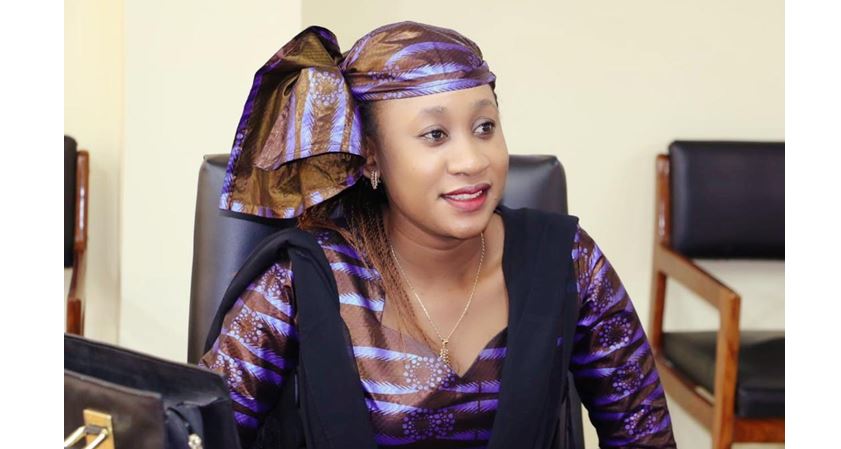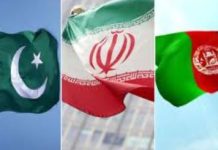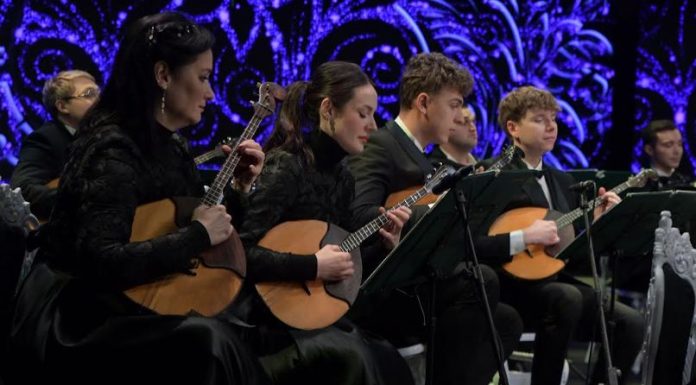Fatchima Elise H. Paraiso
Africa is an old continent, which has been much talked about in the early days of history, with the Egypt of the pyramids then with Carthage, the rival of Rome, then with the Roman provinces of Africa, from which emerged, in the third century, one of the most famous emperors, Septimius Severus, originally from Tripolitania.
Then Africa declined a lot, until it became a kind of backyard of Europe, having been almost completely colonized. Only Ethiopia was able to defend itself against the division of Africa by the European powers. Africa did not regain its independence until the 60s, after hard struggles. But his departure into the concert of nations is difficult; for a long time, Africa has been synonymous with poverty and underdevelopment.
Today, on the contrary, it is emerging as “the continent of the future”. Why ? I will respond by explaining here what Africa is today and why it is called so.
Let us first recall some essential data on Africa: it is
– A continent of 30 million square kilometres, surrounded by: the Atlantic Ocean to the West, the Mediterranean to the North, the Red Sea to the Northeast, the Indian/Arabian Ocean to the East.
– The continent is populated by 1.3 billion inhabitants, or 17% of the world’s population.
– This population is spread over 54 sovereign countries.
Remember these simple figures: 30 million Kms2, 1.3 billion inhabitants, 54 countries.
Africa’s assets are:
– First of all, the abundance of natural resources, most of which are of recent exploitation. Some ancient kingdoms, such as the Mali Empire, had long operated salt and iron mines, but for most resources, industrial-scale mining began in the twentieth century, for example, oil in Nigeria, diamonds in Botswana, uranium in Niger. So most mines have been producing recently and are still far from exhaustion. Africa has 50% of the world’s gold reserves, 90% of platinum, 90% of cobalt, 64% of manganese; Congo DRC alone has 70% of the coltan so essential for electronic components.
– Secondly, because the population is young and growing rapidly. Women continue to have more than four children on average, while infant mortality is disappearing, thanks to the progress of medecine. Thus, average life expectancy is increasing rapidly, for example by one year a year in my country Niger. In most of Africa’s 54 countries, the average age is less than thirty years. This youth means energy, strength and innovation.
– Third: with this population growth and innovative youth, comes economic growth: at more than 5% per year, it is now much higher in Africa than the world average, and some countries hold growth records above 8% such as Côte d’Ivoire, Ethiopia, Rwanda.
– Fourthly, the assets I have just outlined mean that Africa, a continent long forgotten except for some of the former colonial powers, is now attracting the attention of all world and regional powers, as well as emerging powers on other continents.
We thus see the development of an African policy of China, Turkey, Pakistan, India and Russia. More diplomatic activities is also a sign of more economic investment. Africa is becoming a big market, and a stage of the new trade routes: it is the new horizon.
However, there are many obstacles before achieving Africa’s potential: I will come back to this in my next article in my column on “Islamabad Post”. But what is important to emphasize today is that we must not miss the historic turning point that puts Africa at the forefront of the international scene.
* * *
By launching its “Engage Africa” policy in November 2019, Pakistan has shown that it has not missed Africa’s historic turning point. However, this subject remains little known in public opinion. The Pakistani media must contribute to raising awareness of the importance of Africa, including the dimension of “people to people” relations, as Minister Qureshi said during the “Engage Africa” conference.
I produced a more detailed version of this presentation on my You Tube channel ‘’Engage Africa’’
https://youtube.com/channel/UCd-ehSM0d154avy8uCcMKkA
Fatchima Elise H. Paraiso is the CEO/Engage Africa Organization












